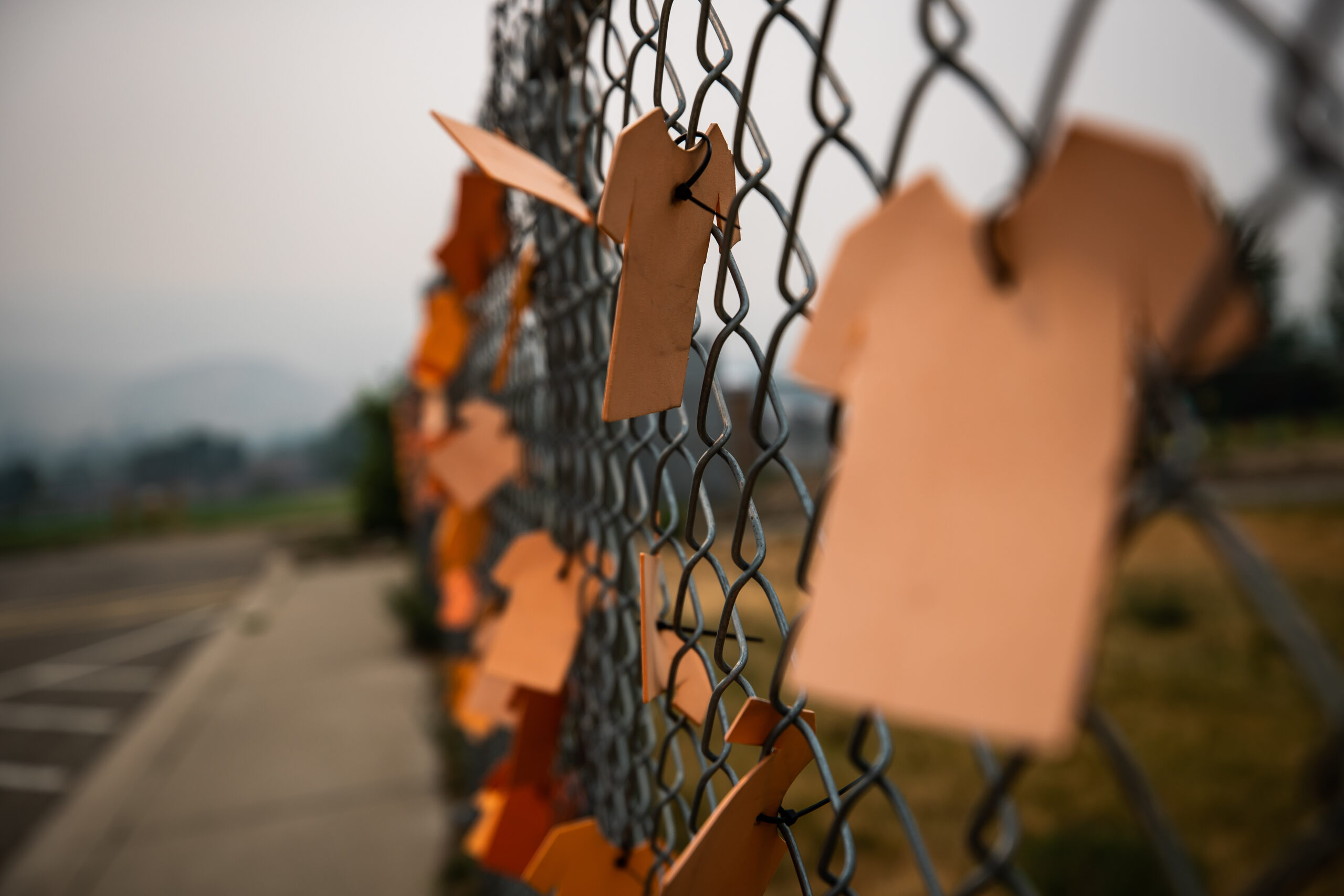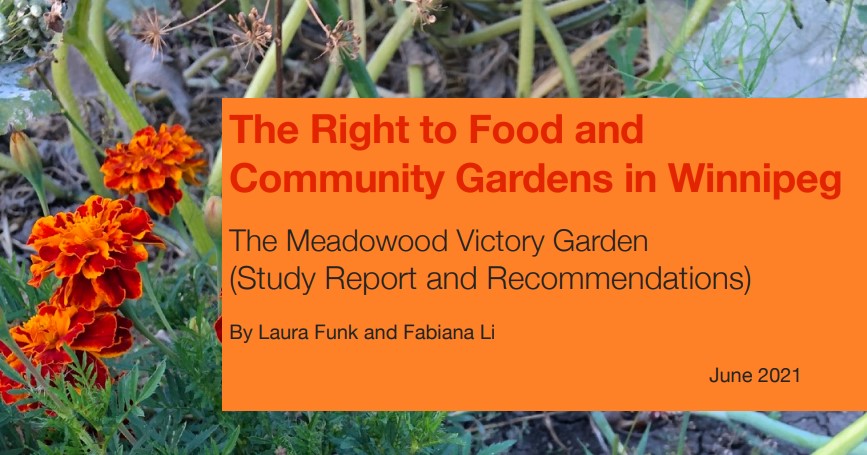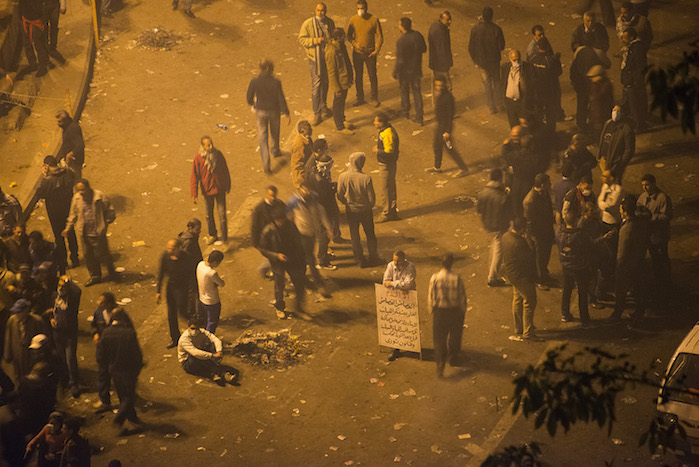2023–2024
Dr. Merissa Daborn
Indigenous Studies ($2,500)
Dr. Daborn’s Small Grant project will examine privacy violations in the context of grocers posting images of suspected shoplifters, with the aim of contextualizing these violations within the human rights landscape to ensure that ongoing and intensifying media coverage of food theft does not continue to serve as a distraction from larger social issues that are actually impeding individuals access to food.
Dr. Bruno de Oliveira Jayme
Education ($2500)
Dr. de Oliveira Jayme’s Small Grant project will assess how graphic novels might surface the intersection between substance use disorder and lack of access to water and sanitation, dispel public biases, and inform local harm reduction policies in the city of Winnipeg.
Dr. Christine Mayor
Social Work ($2,500)
Dr. Mayor’s Small Grant project will explore the ways in which carceral logics are embedded within and literally embodied by “the helping professions” of drama therapy and social work, with the goal of disrupting these logics towards embodying more liberatory and abolitionist practices and ways of interacting. Read the article now.
2022–2023
Dr. Sean Carleton
History ($2,500)
Dr. Carleton focused on residential school denialism, exploring mainstream media’s reporting on unmarked graves at the site of the Kamloops Indian Residential School. View Report.
Dr. Nancy Kang
Women’s and Gender Studies ($550)
Dr. Kang will explore the role of women in Korean shamanic tradition (mugyo) using an Asian American feminist lens.
Dr. Lindsay Larios
Social Work ($2,246)
Dr. Larios explored the barriers to healthcare access for international students and their families in Manitoba. You can read the full report “Healthcare is a Human Right: International Students Speak Out on Healthcare Inaccessibility in Manitoba” published by the Canadian Centre for Policy Alternatives – Manitoba.

2021–2022
Dr. Derek Johnson
Anthropology ($2,500)
Working with a multi-departmental team Dr. Johnson has received a grant to provide support to a Manitoba First Nation for research on their residential school legacy.
Dr. Lilian Pozzer
Education ($2,500)
Dr. Pozzer’s project Raising Awareness of Science and Human Rights in Manitoba Schools engages a group of Bachelor of Education Year 2 students, their cooperating teachers (CT) and high school students in schools across Winnipeg and surrounding areas in an exploration of the rather turbulent history of science and human rights from ancient times to the present day, from a perspective that considers both science and human rights within social, cultural and historical contexts, and highlights the contributions of science to human rights causes.
2020–2021
Dr. Lara Rosenoff Gauvin and Camille Callison
Librarian ($2,500)
Tea Around the Fire: Sharing Knowledge on Best Practices for Community-Centred Repatriation
Gathering knowledge and best practice recommendations from local, national and global experts on Indigenous rights and repatriation for an online interview video series. The University of Manitoba is identifying the ancestors in its care and beginning to build relationships with Elders and Indigenous leaders towards the establishment of a UM Advisory Circle and Elders Circle to guide repatriation efforts.
2019–2020
Dr. Fabiana Li
Anthropology ($3,000)
The Right to Food and Community Gardening in Winnipeg
The COVID-19 pandemic caused disruptions in the food system that have sparked interest in growing food in home and community gardens. This research investigated the concept of “Victory Gardens” (food gardens popularized during wartime) as a response to the COVID-19 pandemic, using the Meadowood Victory Garden in Winnipeg as a case study. The research examined the potential of using the city’s green spaces, water and infrastructure to grow food for urban residents during the pandemic and beyond.
Dr. Nadine Bartlett
Education ($2,420)
Restraint and Seclusion in Manitoba’s Schools: A Violation of the Human Rights of Children with Disabilities
Dr. Bartlett conducted an anonymous online survey of parents of children and youth with disabilities about the use of restraint and seclusion in Manitoba’s schools. The survey was developed and disseminated through disability advocacy organizations in Manitoba with assistance from Inclusion Winnipeg. This project aimed to: provide a comprehensive picture of the use of restraint and seclusion with individuals with disabilities in Manitoba’s schools; identify positive, proactive alternatives to the use of restraint and seclusion; and provide recommendations for educational policy development.

2016–2017
Dr. Shepherd Steiner
School of Art ($5,000)
Dr. Steiner worked with the journal Mosaic and the School of Art to feature the work of Dutchphotographer Lidwien van de Ven, who documents human rights issues related to immigration and the refugee crisis in Europe. Her March 2017 exhibition and lecture at the University of Manitoba contributed to Steiner’s research on photography, ethics and rights.
Dr. Adele Perry
History ($3,000)
Water, Winnipeg and colonialism
Dr. Perry expanded her research on the history of Winnipeg, settler colonialism and drinking water, in solidarity with Indigenous and water activists. She contributed an essay to a collection of critical perspectives on Canada’s 150th birthday. She is also researching the relationship between the Greater Winnipeg Water District and the Cecilia Jeffrey residential school, which was located near the Winnipeg aqueduct’s intake from 1901 to 1929.

Archives 2012–2015

Support Us
Whether you are passionate about interdisciplinary human rights research, social justice programming, or student training and mentorship, the University of Manitoba offers opportunities to support the opportunities most important to you.



